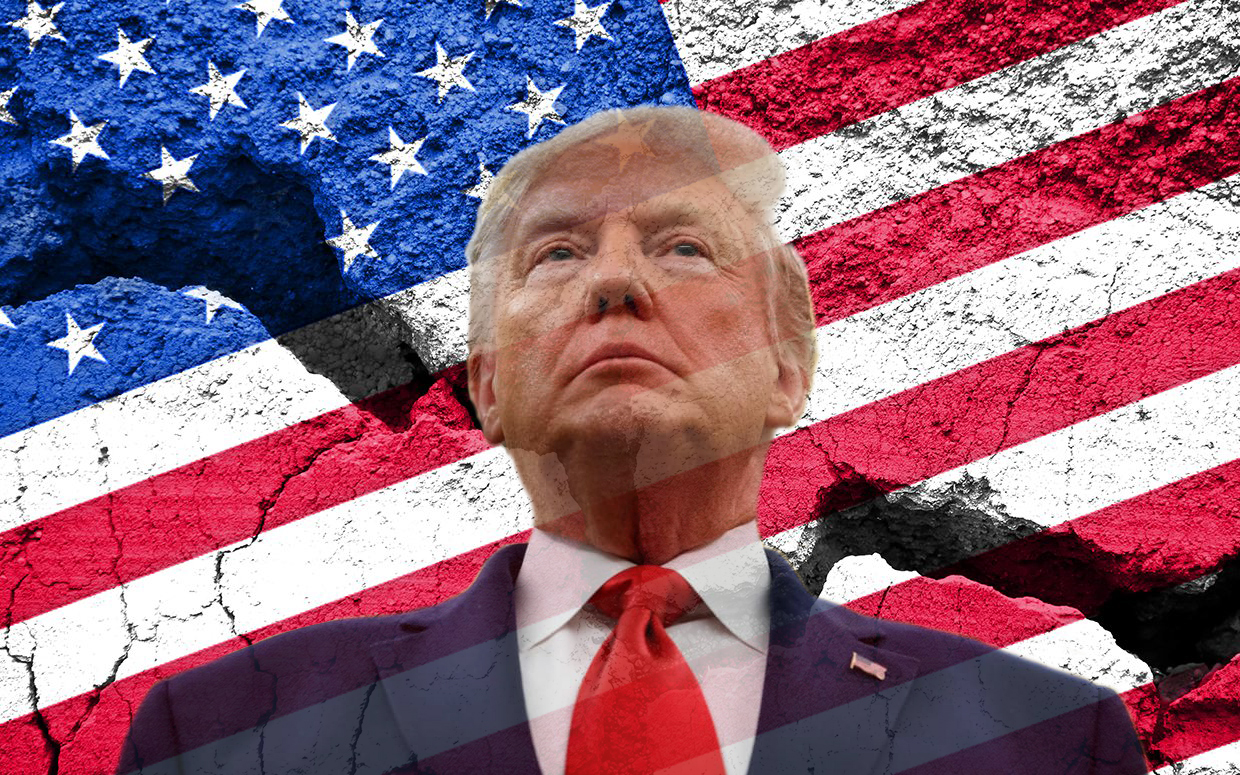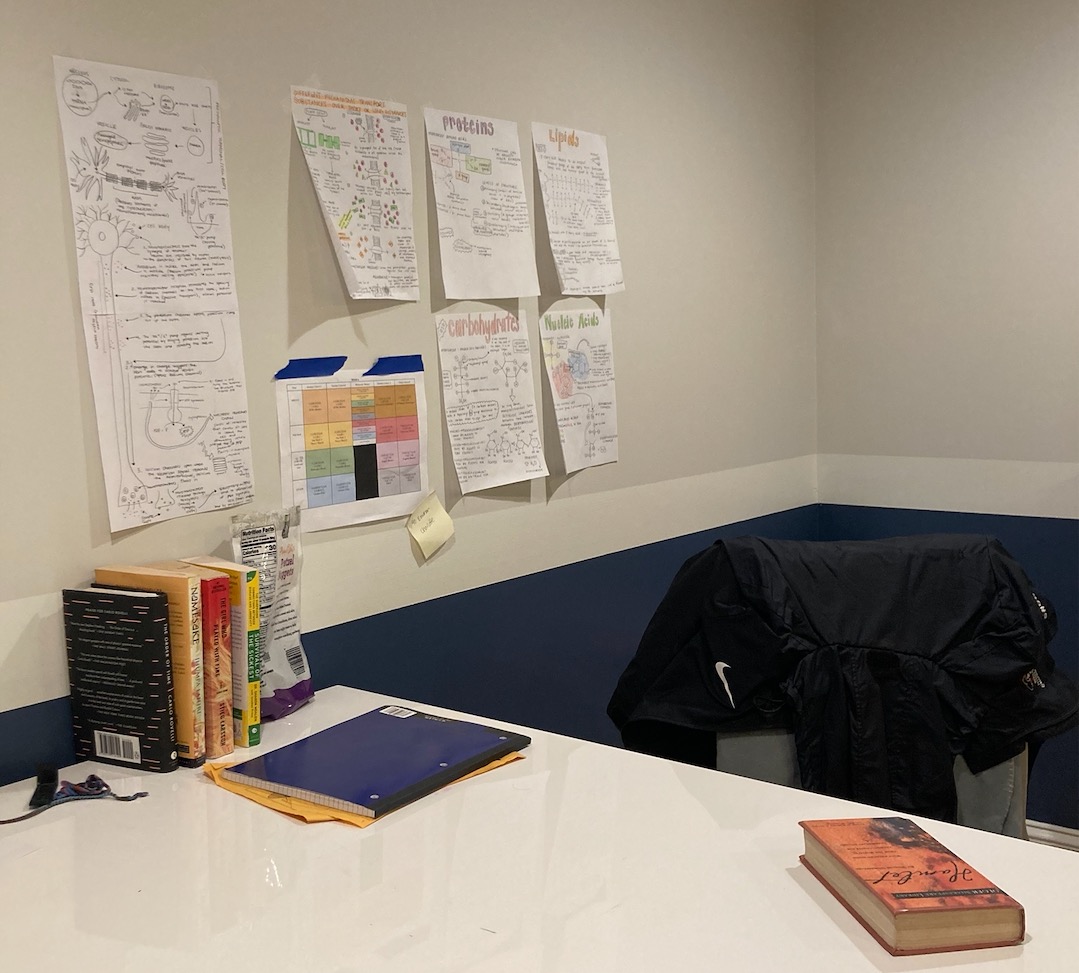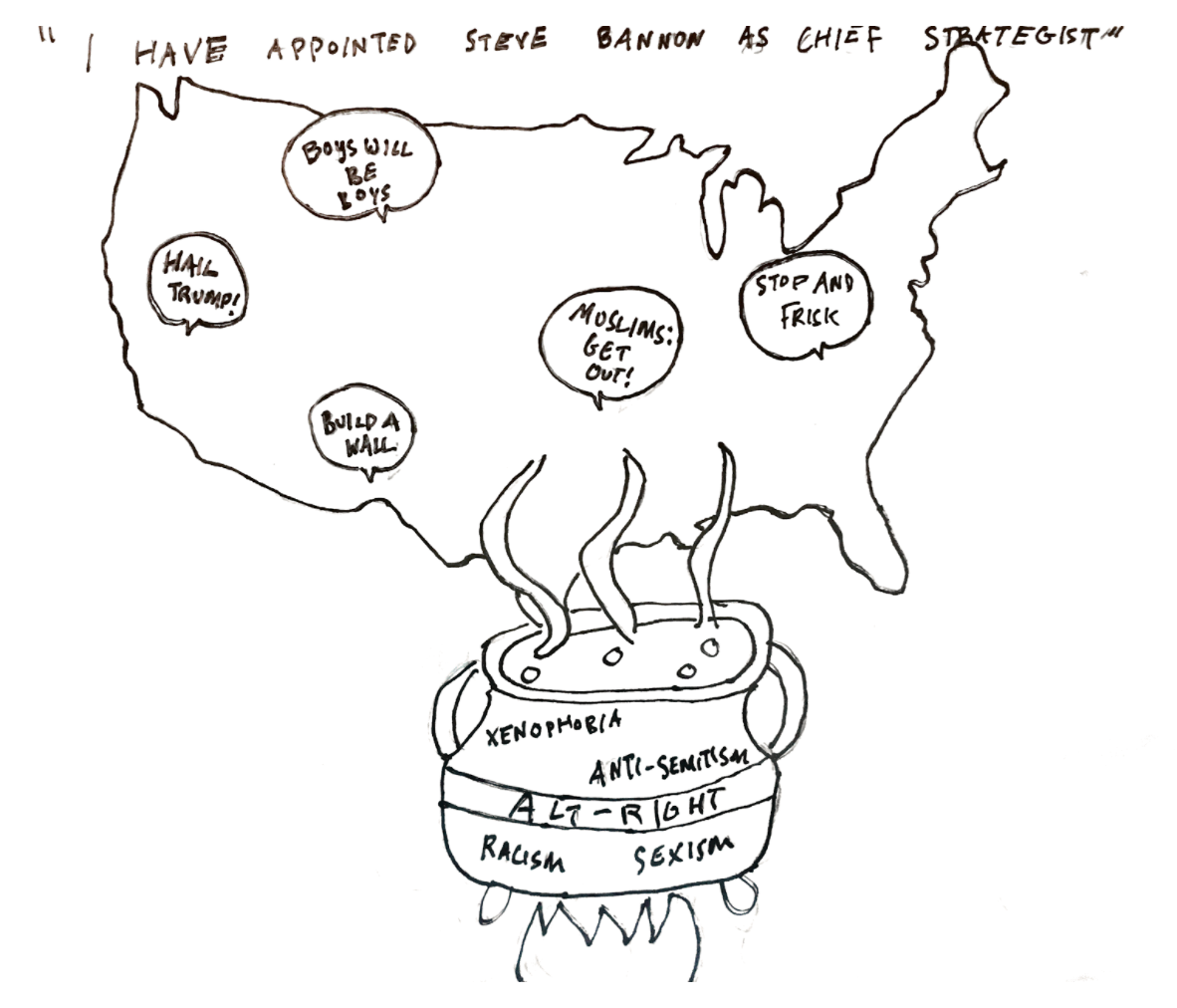In 2023, the high school vetoed a student-planned “USA Day” from spirit week. In an email sent to members of the community, Dr. Jamie Chisum, principal of the high school, explained that the administration “wanted to avoid politics” and “felt that the topic [had] been politicized beyond [the] school.”
However, the decision to remove the patriotic day from the spirit week slate resulted in far more politicization than intended. The high school was featured on multiple local and national news outlets, including Fox News and Yahoo.
Despite its goal to remain a politically impartial institution, the high school has unwittingly been swept up in a wave of political controversy as of late. Given the uptick in political polarization nationwide — around 25 percent of people have lost friendships over political disagreements — this comes as no surprise.
Clearly, the school has a strong preference to dodge politics. Nevertheless, members of the high school community should not let the administration’s aversion to explicit political conversation infiltrate our classrooms. We must remain open to discourse between students.
Facilitating political discussion in classes has become even more imperative in light of President Donald Trump’s March 20 executive order that dismantled the United States Department of Education, putting education in jeopardy. Although the proposed closure must be enacted by Congress to be made official, the order symbolizes the president’s readiness to change education on a national level.
Despite the lack of tangible change at the high school — the school’s federal Title I funding will likely not be affected by the order — President Trump’s executive order represents an ideological shift: his willingness to overhaul parts of the government and our political system as we know it. The high school community must respond in a similarly principled but conversely intended fashion — it must facilitate open conversation and productive discourse within the school and its classrooms.
At the moment, a divisive political taboo prevents honest conversation in classes at the high school. Teachers and students alike refrain from the discussion of politics for a multitude of reasons, some of which are certainly justified.
For educators, there is an understandable fear for their jobs. Promoting political discussion in class is a gray area for faculty who want to remain non-partisan. Without a doubt, teachers have their own biases that are difficult to keep outside of the classroom, especially during these conversations. It makes sense, then, that many take the path of least resistance: not discussing politics altogether. Many also fear that facilitating political discourse, even impartially, would lead to backlash from families of students.
Just as many teachers harbor misgivings about discussing politics in the classroom, students may not participate in these discussions because of social obstacles. Many withhold their political ideas because of perceived judgment from their peers. Even among adults who have escaped the relatively consequential nature of classroom statements, 61 percent of respondents to a Pew Research poll said having political conversations with people who have opposing opinions is “stressful and frustrating”.
Not only is there an increase in the polarization of political ideas, research from Harvard shows that the rise of technology and social media has caused people to consume more partisan news. These sources only confirm the preconceptions their viewers have about opposing political parties. Most notably, this has driven emotional, or affective, polarization, which causes members of a political party to dislike members of the opposing one. Once this emotional tether is established, it can be difficult to overcome in interpersonal relationships.
Indeed, students tend to befriend others who share similar beliefs — understandably, as it provides a sense of comfort and safety in numbers. Because of this, however, class time is one of the only opportunities for students to have discourse with peers of differing views.
Make no mistake: political discussion does not belong in every classroom every day. Nevertheless, it is imperative that, when possible, we facilitate an open forum where students feel comfortable sharing honest opinions, thoughts, and questions. Without this, the school influences students to deliberately avoid political conversation, counterintuitive given its goals of “respect for human differences,” “communication,” and “collaboration.”
The greatest fear many have with discussing politics in school is that disagreements will only lead to more animosity and polarization among students. Even so, the only way to prevent the continuation of disturbing trends of heightening polarization and political taboo is to foster productive discourse among the nation’s youth.
With the right guidance and encouragement from teachers, political discussions would help the school minimize separation rather than increase it. The community must do its best to bridge the gap between opposing sides of the widening political aisle.
After all, high school students are the future of this nation. We represent the next generation of voters and leaders who will decide between unity and division, between growth and failure. At this crucial turning point, our fate rests in the hands of our teachers and educators. Now, I ask them to give us a space to speak, to listen, and to ask questions, so that we may try to unite the divisive political world. It is their civic duty.




